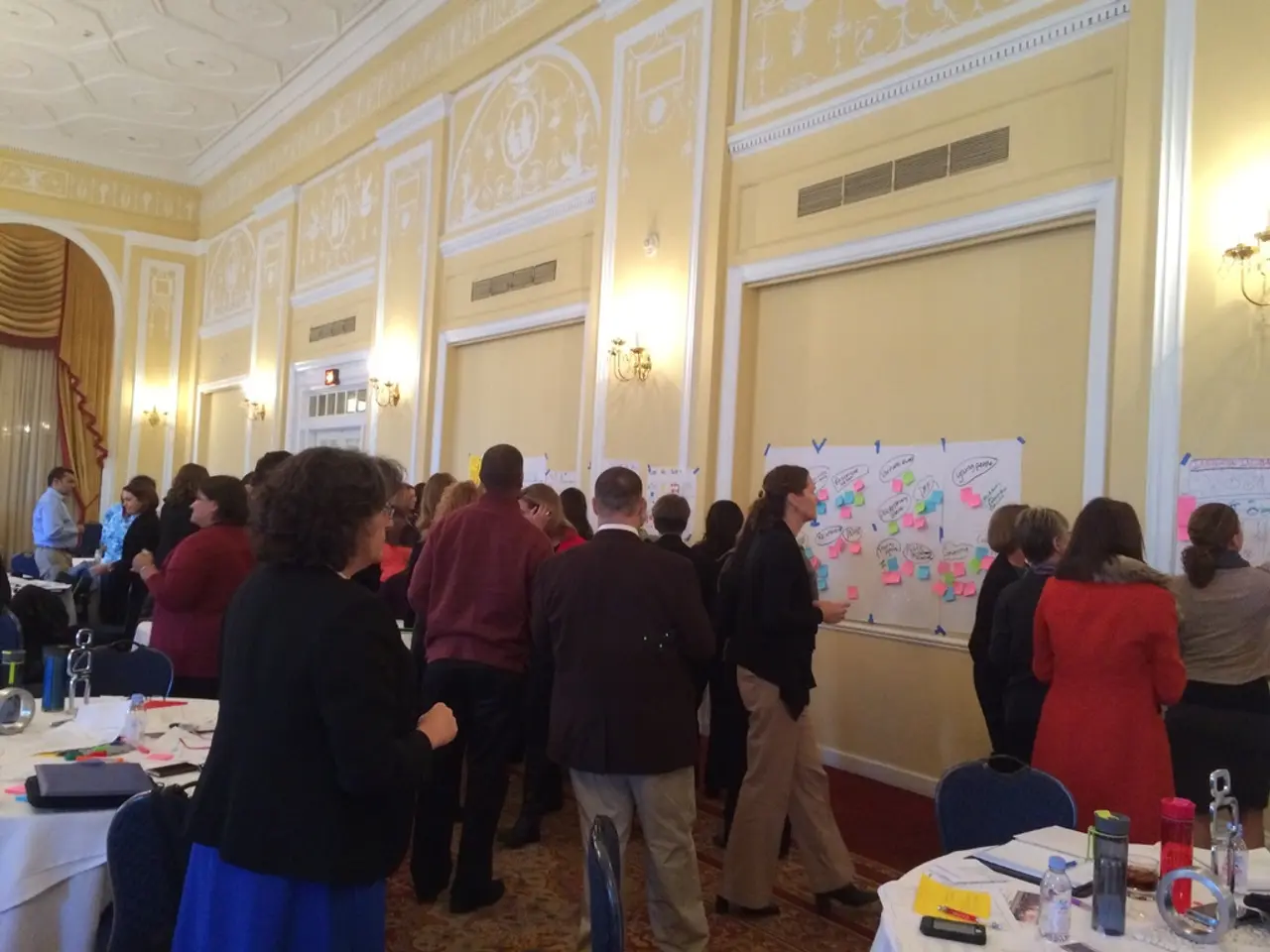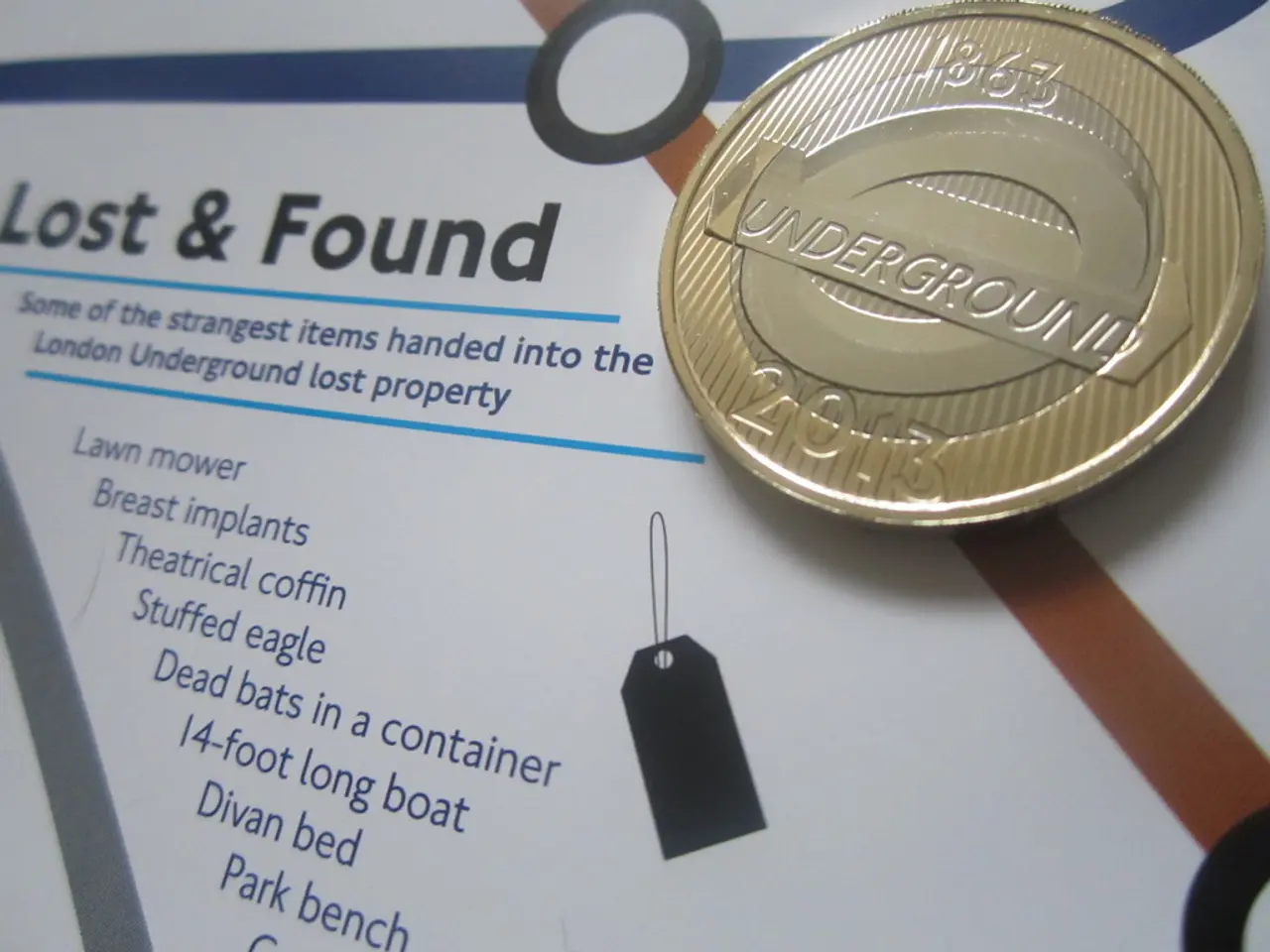Revised industry standards set for an upgrade (88 changes)
In the heart of the Middle East, Iran is making strides in its industrial sector, with a growing emphasis on education and training that aligns with industry demands. This shift is evident in the country's expanding university population, rising scientific output, and the development of knowledge-based companies and industrial parks.
As part of this larger plan, the Iranian government has been actively working to improve the training of specialists. The Deputy Minister of Industry and Trade, Sharhan, recently discussed the development and updating of professional standards at a government meeting. These updates cover a total of 544 professions across various sectors within the Ministry of Industry and Trade.
One of the key aspects of this plan is the implementation of dual education, a system that combines vocational education with practical work experience. This method is seen as crucial for ensuring specialists are well-adapted to production requirements. Currently, dual education is being implemented in 284 colleges within the industrial sector.
Last year, more than 2,000 students underwent practical training at industrial enterprises, and over 30 educational programs are being implemented under signed contracts and memorandums with enterprises. More than 700 industrial enterprises are involved in the implementation of dual education.
However, as of mid-2025, there is no direct, detailed information available about the current status and future plans of dual education implementation in Iran's industrial sector for training highly qualified specialists. Despite this, some context can be synthesized to provide an informed overview.
Iran's approach to expanding industrial parks, increasing private sector engagement with research, and the rise of knowledge-based companies imply ongoing efforts to improve industrial training and expertise. Development plans and policies aimed at strengthening small and medium enterprises and supplier networks could involve practical training components for specialists, suggesting gradual implementation of education-industry integration practices.
Because Iran aims to produce highly specialized human capital for sectors like biotechnology, pharmaceuticals, machinery, and technology, future plans likely include expanding and refining dual education or comparable vocational training frameworks to meet industrial needs. However, exact strategies, timelines, or progress updates are not specified.
The updates to professional standards are expected to increase the employability of graduates in the labor market. Additionally, international partnerships are being developed to introduce advanced educational technologies. Furthermore, professional orientation events are systematically organized for 1,000 schoolchildren, and more than 13,000 young specialists are provided with permanent employment annually as a result of the dual education system.
In summary, Iran is actively developing its industrial and scientific sectors with a growing emphasis on education linked to industry demands, which is consistent with principles of dual education. While specific details on the current operational status and formal future plans for dual education implementation in the industrial sector are not explicitly documented, the ongoing efforts towards improving industrial training and expertise are evident. The ongoing sanctions and economic challenges may also affect the pace and scale of such educational reforms.
- The Iranian government, in its efforts to meet industry demands, is focusing on refining dual education and comparable vocational training frameworks, specifically within sectors like biotechnology, pharmaceuticals, machinery, and technology.
- As part of Iran's strategy to produce highly specialized human capital, future plans likely involve increasing the integration of education and the industry, potentially through the expansion and enhancement of dual education or similar vocational training systems.




